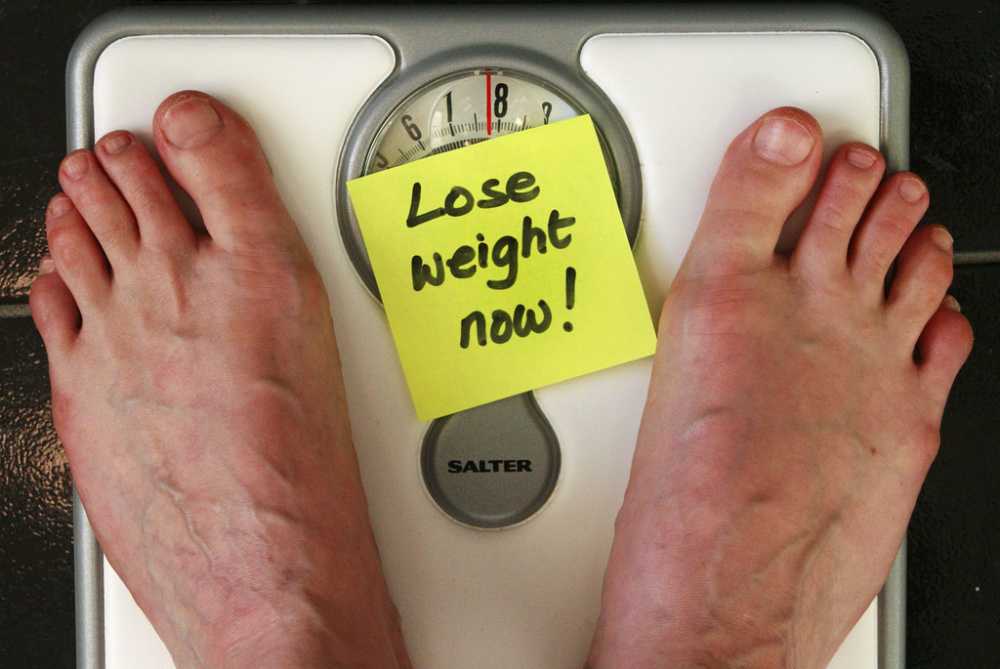By Daniel Phillips
People who want or need to lose weight often seek external motivation or incentive to do so. And one thing that comes up now and then is the idea of bets or financial motivation for weight loss. It’s not the easiest situation to set up – after all, you’d need someone on the other side of the bet – but it is one that intrigues people, because we all know, in the back of our minds, that the chance to earn money is often very motivational. So – does it actually work?
Looking at examples, you could draw a conclusion either way. On the negative side, there was a fairly recent story in circulation via a major news network about a $550 incentive not working out. This finding was based on a fairly large study of employees who were offered the incentives by their workplaces and was explained by a few factors. For instance, the discount may not have been large enough, and it may also not have mattered to participants because it was bundled into an insurance premium on paychecks (as opposed to hand out in the form of a $550 check). Regardless, in this instance, people who were promised $550 for losing just five percent of their body weight by the end of a year failed to meet the goal.
Arguably the most powerful example to the contrary is a few years older and concerns a single man rather than a study’s worth of participants. The man’s name is Allistair Lee, and in 2013 he reportedly won £5,000 on a £50 bet. He had actually failed a previous attempt, costing him his £25 bet, but doubled down and ultimately managed to lose 100 pounds in a single year. In light of the study cited above, one might argue that this is an extreme case and an outlier. That said, the weight loss achieved was also far greater than what anyone in the study was asked to do. Additionally, the chance to win £5,000 supports the idea that larger financial incentives might be more effective.
These are not the only examples or studies, and if you do a little bit of personal research you’ll find more stories to back up either claim – that financial incentives do or don’t work. But what do actual medical professionals have to say on the matter?
It’s difficult to find any sort of consensus response here also, though Physician’s Weekly had some interesting comments a few years back, based on the idea of paying patients to meet weight loss goals (and charging for failure to meet those goals). The difference here is that incentives were actually offered in a medical environment, rather than by a workplace or betting firm. The findings appear to indicate that from the perspectives of physicians, financial incentives can help to manage obese patients and spark turnarounds.
The only thing we can say conclusively appears to be that financial incentives can boost weight loss efforts, but it all depends on the situation. Most of the negative studies in this regard are based on workplace programs that fall short of effectiveness for a variety of reasons. However, financial incentives offered in other situations have tended to show promise, including among medical professionals.







Recent Comments